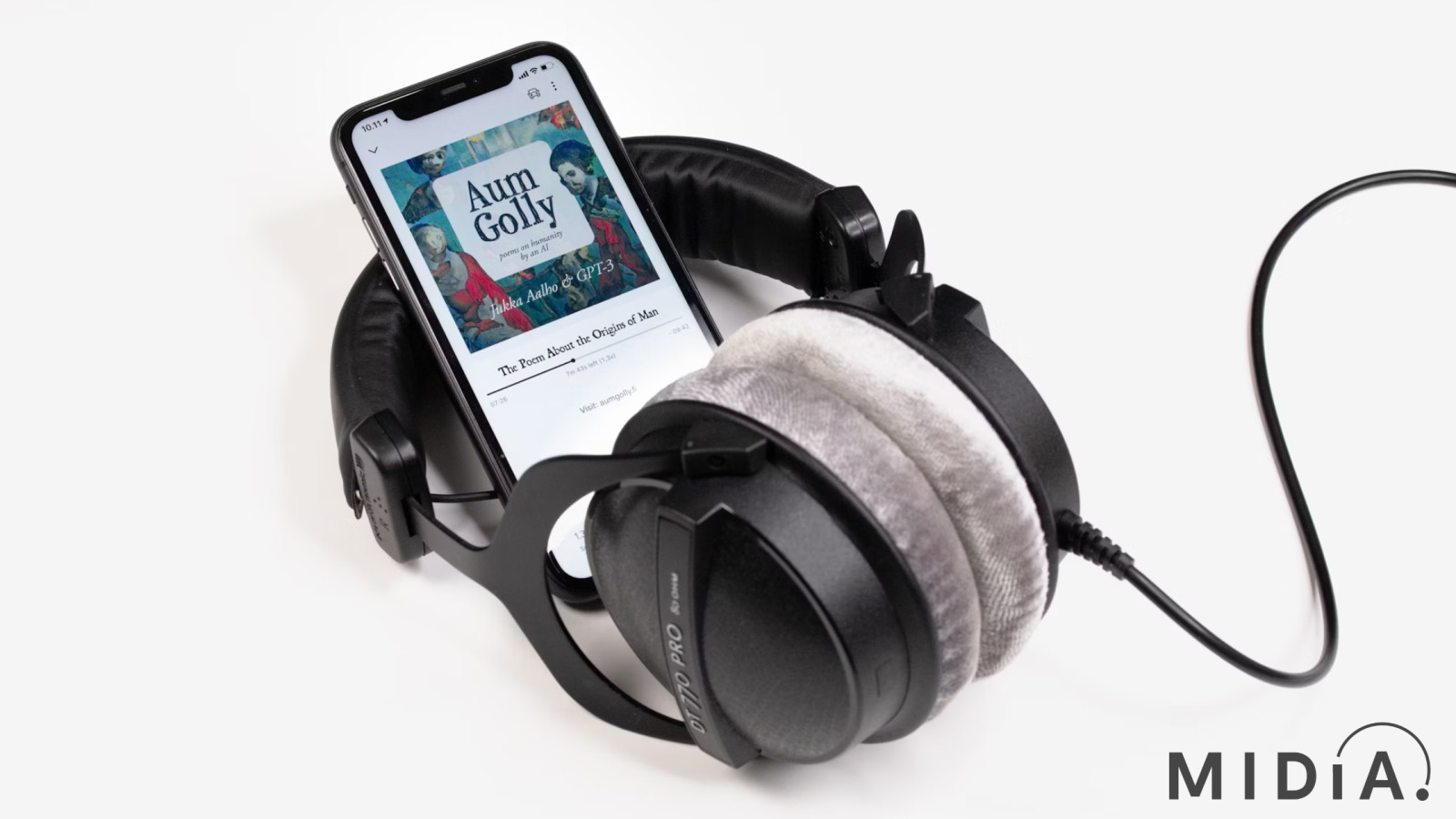Audiobooks enter their streaming era, but will it pay off?

Photo: Jukka Aalho

Most people agree that streaming saved the recorded music industry, but that only happened because demonetised digital consumption helped bring it to the brink of death in the first place. The internet has also helped gut print media over the last two decades. However, Penguin Random House outlines that book sales have not declined as drastically – largely because books are not dependent on print advertising. While certainly far from its Barnes & Noble halcyon days, publishing industry trends show that the sector has managed to mitigate collapse, thanks to books retaining their commodity status, per-unit value, and loyal audience base. However, with Spotify audiobooks leading the publishing industry into the era of audiobook streaming, a new wave of challenges and opportunities lies ahead.
How Spotify audiobooks are transforming audiobook streaming
In November 2023, Spotify made 200,000 audiobooks available for Premium subscribers in the US. For now, Premium subscribers are allotted 15 hours of listening per month, which comes out to roughly two audiobooks, according to Spotify. If users hit that limit, they can then buy a 10-hour top-up for $12.99. Presumably, the Spotify search bar will return music, podcasts, and audiobooks with each search query. All of this has the publishing industry (particularly authors) wondering: how exactly are rights holders going to get paid?
According to Bloomberg News’ Ashley Carman, authors will receive royalties so long as their work receives a full listen. Here is where it gets interesting, according to Carman: it does not matter if no one listens to the entirety of your book. If 450 people listen to one minute of your audiobook, that will count as 450 minutes of consumption, or a full listen (provided your audiobook is Spotify’s average of 7.5 hours long). Aggregate duration of consumption will then get tallied up each month, and royalties will be paid out according to an unspecified discount off a digital list price. In other words, authors will be paid much less for audiobook streams than they are for digital and print book sales. At first blush, that does not sound great, but there is a very real possibility of audiobook streaming benefitting authors in the long run.
Featured Report
Defining entertainment superfans Characteristics, categories, and commercial impact
Superfans represent a highly valuable yet consistently underleveraged audience segment for the entertainment industry. What drives this disconnect is the fact that – despite frequent anecdotal use of the term – a standardised, empirical definition remains absent, preventing companies from systematically identifying, nurturing, and monetising th...
Find out more…If audiobooks do not cannibalise book sales, publishing will get a boost
Authors are certainly justified in their concern over the discounted royalty payout from audiobook streams, but there is one big caveat to consider: audiobook listeners and book readers are not necessarily the same people. If book readers do start streaming audiobooks instead of buying hardcover and paperback, then authors—and the publishing industry writ large—probably have something to worry about. With a reduced royalty payout, streaming would be cutting into the publishing industry’s margins, forcing books into the same race for volume that music is now dependent upon.
However, if book readers continue to buy hardcover and paperback while non-book readers start streaming audiobooks, then there is a lot of upside for both authors and publishers. Rather than audiobook streaming cannibalising book sales, there is a good chance that streaming supplements or even helps sales instead. If, in fact, there is very little overlap between audiobook listeners and book readers, authors would have the opportunity to reach an entirely new, monetised audience while still retaining their “physical” audience. That would help set the publishing industry on a trajectory it has not seen since books were Amazon’s only vertical.
Books can succeed where music struggled with streaming
When it comes to music, there is a big overlap between physical and digital listening audiences. Given the choice between a $15 CD and free MP3s, consumers went for the latter en masse, because digital music is both cheaper and more convenient to listen to, but there is not a huge difference in the content itself. The same is not true for listening to an audiobook and reading a physical book. Those experiences are entirely different, which means the audience bases share less in common and cannibalisation is less likely to happen. Streaming did need a guinea pig though and musicians served that role. Fortunately for authors, the publishing industry is better positioned to bring new digital audiences into the fold rather than replace existing physical consumers entirely.

The discussion around this post has not yet got started, be the first to add an opinion.